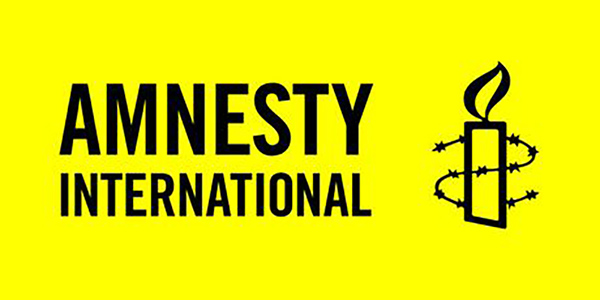Responding the Bangladeshi government’s decision to introduce the death penalty as a punishment for rape, Amnesty International’s South Asia Researcher, Sultan Mohammed Zakaria, said:
“This regressive step is a fig leaf that deflects attention from the lack of real action to address the appalling brutality faced by so many Bangladeshi women. Executions perpetuate violence, they don’t prevent it. Instead of seeking vengeance, the authorities must focus on ensuring justice for the victims of sexual violence including through delivering the long-term changes that would stop this epidemic of violence and prevent it from recurring. That means, for example, ensuring that Bangladeshi women and girls are protected and that they feel safe coming forward and reporting crimes. Perpetrators must be prosecuted and held accountable and the impunity for these horrific crimes must come to an end – but through fair proceedings and without resort to the death penalty.”
Background
Following large-scale protests calling for an end to impunity for rape against women and girls, the Bangladeshi cabinet approved the draft Women and Children Repression Prevention (Amendment) Bill, amending Section 9(1) of the existing Prevention of Women and Children Repression Act 2000, to increase the highest punishment for rape from life imprisonment to the death penalty.





















